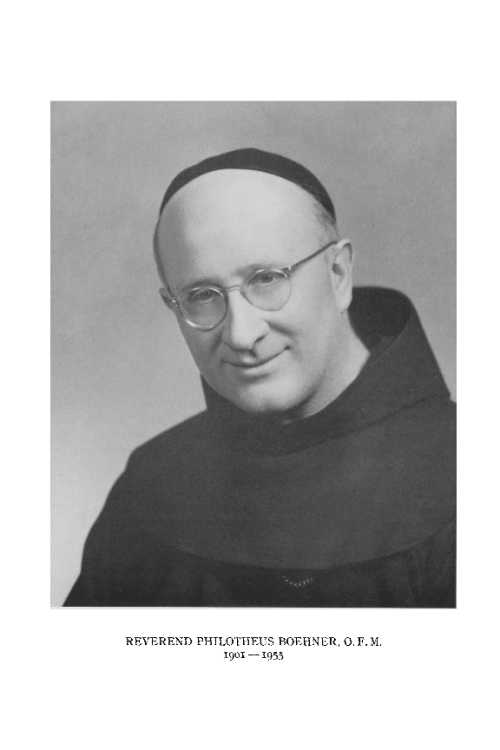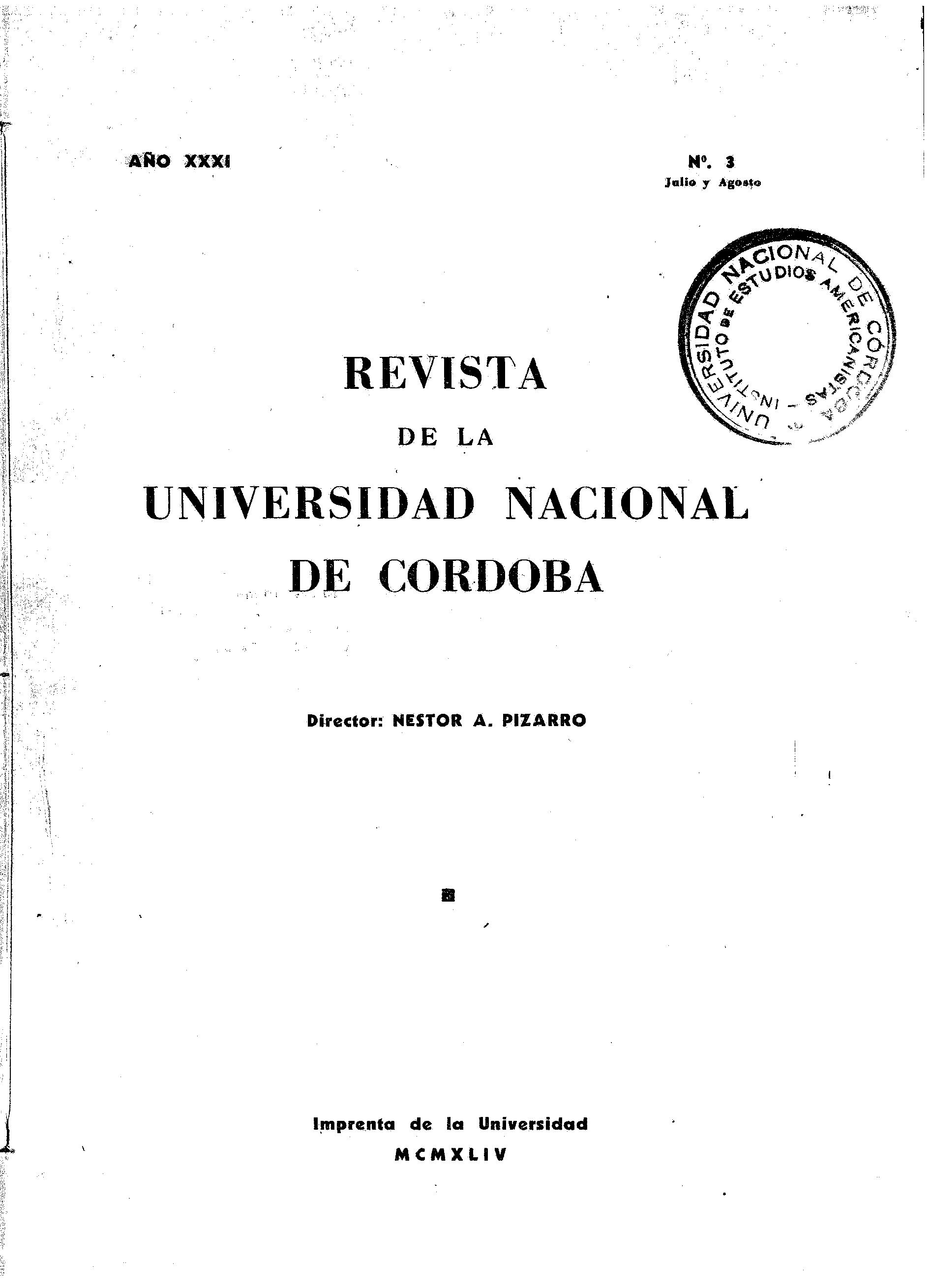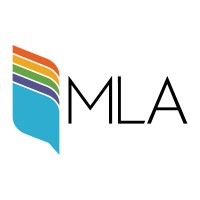Ockham's political ideas
Keywords:
Philosophy, Religion, Jesuit, Franciscan scholasticsAbstract
William Ockham, the Venerabilis Inceptor and Doctor plus quam subtilis, began his academic career, simply as a theologian and philosopher, who had not, or at least did not reveal the slightest interest in political questions. In the year 1324, or at least in 1327, he had completed all his works on purely theological or philosophical matters, of which we are aware. In none of these writings is there any trace or mention of any political idea of value. Not even the controversy over the ideal of Franciscan poverty has left no trace in the written lines.
Downloads
Published
Issue
Section
License
Copyright (c) 1944 Universidad Nacional de Córdoba

This work is licensed under a Creative Commons Attribution-NonCommercial-ShareAlike 4.0 International License.
Commercial use of the original work and any derivative works is not permitted, and distribution of derivative works must be made under a license equal to that which governs the original work.

 Boehner was born Heinrich Boehner in Lichtenau, Westphalia. He entered the Franciscan Order in 1920, and received the name Philotheus,[2] the Latin form of the Greek Philotheos, ("friend of God"). In 1927 he was ordained a priest, although he was so ill with tuberculosis that he was not expected to live. While resting, he began his work as a medieval scholar translating Étienne Gilson's work on St. Bonaventure. In the 1930s he became a close friend of Gilson.
Boehner was born Heinrich Boehner in Lichtenau, Westphalia. He entered the Franciscan Order in 1920, and received the name Philotheus,[2] the Latin form of the Greek Philotheos, ("friend of God"). In 1927 he was ordained a priest, although he was so ill with tuberculosis that he was not expected to live. While resting, he began his work as a medieval scholar translating Étienne Gilson's work on St. Bonaventure. In the 1930s he became a close friend of Gilson.




